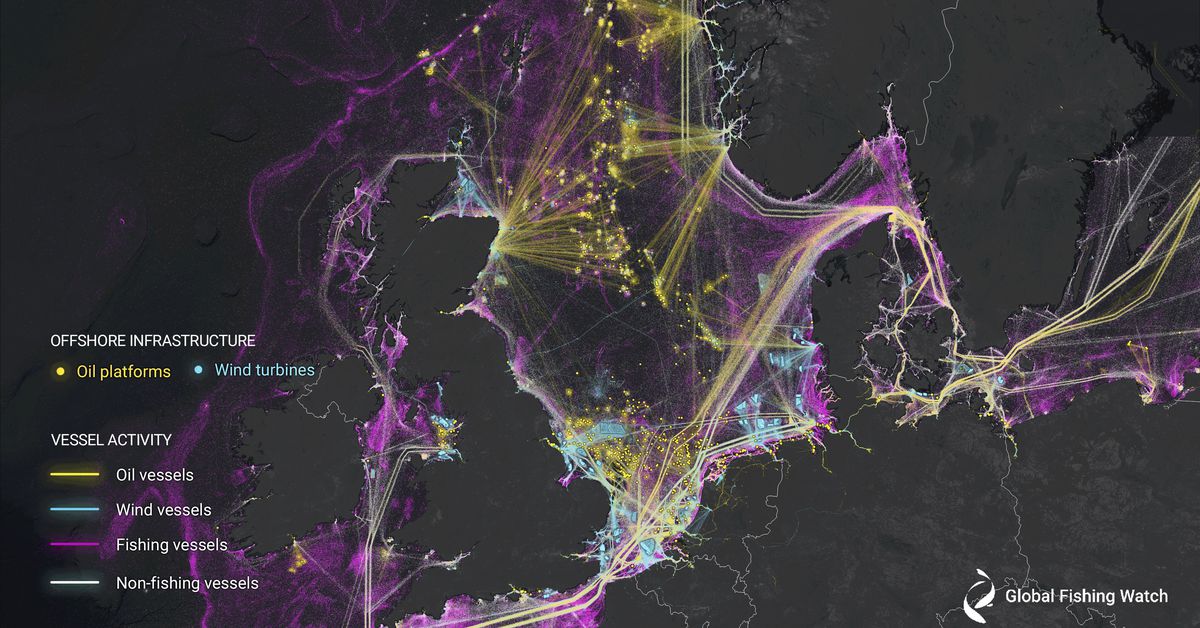- cross-posted to:
- hackernews@derp.foo
- cross-posted to:
- hackernews@derp.foo
And we wonder why the Orcas are rebelling.
I feel like the whales have been very reasonable, given that they could fuck us up if they wanted to. If this were happening in my backyard, I’d have gone on a warpath long ago.
The issue that everybody seems to forget is that orcas are not damaging/sinking those > 50m yachts from millionaires, they are targeting smaller sailing boats (still called yachts), most of them from your average Joe who just wants to chill under sail, like me. Now I get very nervous every time I go to sea because of the attacks near the shore.
So if indeed orcas are “rebelling”, it’s the people who have nothing to do with the issue that are paying, as usual.
Sorry for the rant.
I mean, how are orcas going to know whether the owner is a millionaire?
They’re likely attacking boats because boats in general are pissing them off, and smaller boats are in the range they can actually deal with, as opposed to giant things like tankers or submarines that may actually be offending them. To them, boat is boat.
Moreover, when their owners fall into the water they do not attack or intimidate them. Probably, like most animals, they don’t even understand that boats are inanimate things controlled by humans.
ty for sharing this, I was just about to start my new job as a sea pirate 🏴☠️
Looking for the One Piece?
This is the best summary I could come up with:
The effort exposed a huge amount of industrial activity that previously flew under the radar, from suspicious fishing operations to an explosion of offshore energy development.
Until now, Global Fishing Watch and other organizations relied primarily on the maritime Automatic Identification System (AIS) to see what was happening at sea.
Since 2,000 terabytes is an enormous amount of data to crunch, the researchers developed three deep-learning models to classify each detected vessels, estimate their size, and sort out different kinds of offshore infrastructure.
In the Northeast US, clean energy opponents have tried to falsely link whale deaths to upcoming offshore wind development even though evidence points to vessel strikes being the problem.
“Until now, no comprehensive, global map of these different types of maritime infrastructure had been available,” says the article written by Microsoft postdoctoral researcher Konstantin Klemmer and University of Colorado Boulder assistant professor Esther Rolf.
“The reason this matters is because it’s getting more crowded [at sea] and it’s getting more used and suddenly you have to decide how we’re going to manage this giant global commons,” Kroodsma tells The Verge.
The original article contains 874 words, the summary contains 183 words. Saved 79%. I’m a bot and I’m open source!
Good bot!





